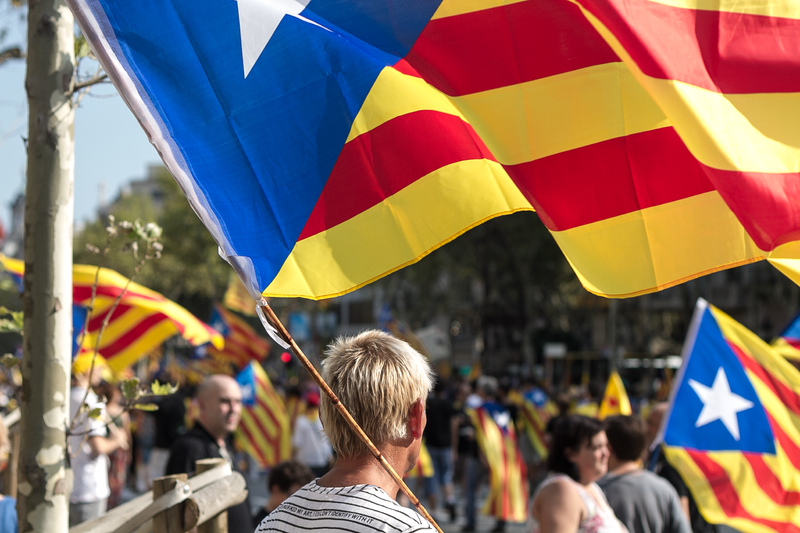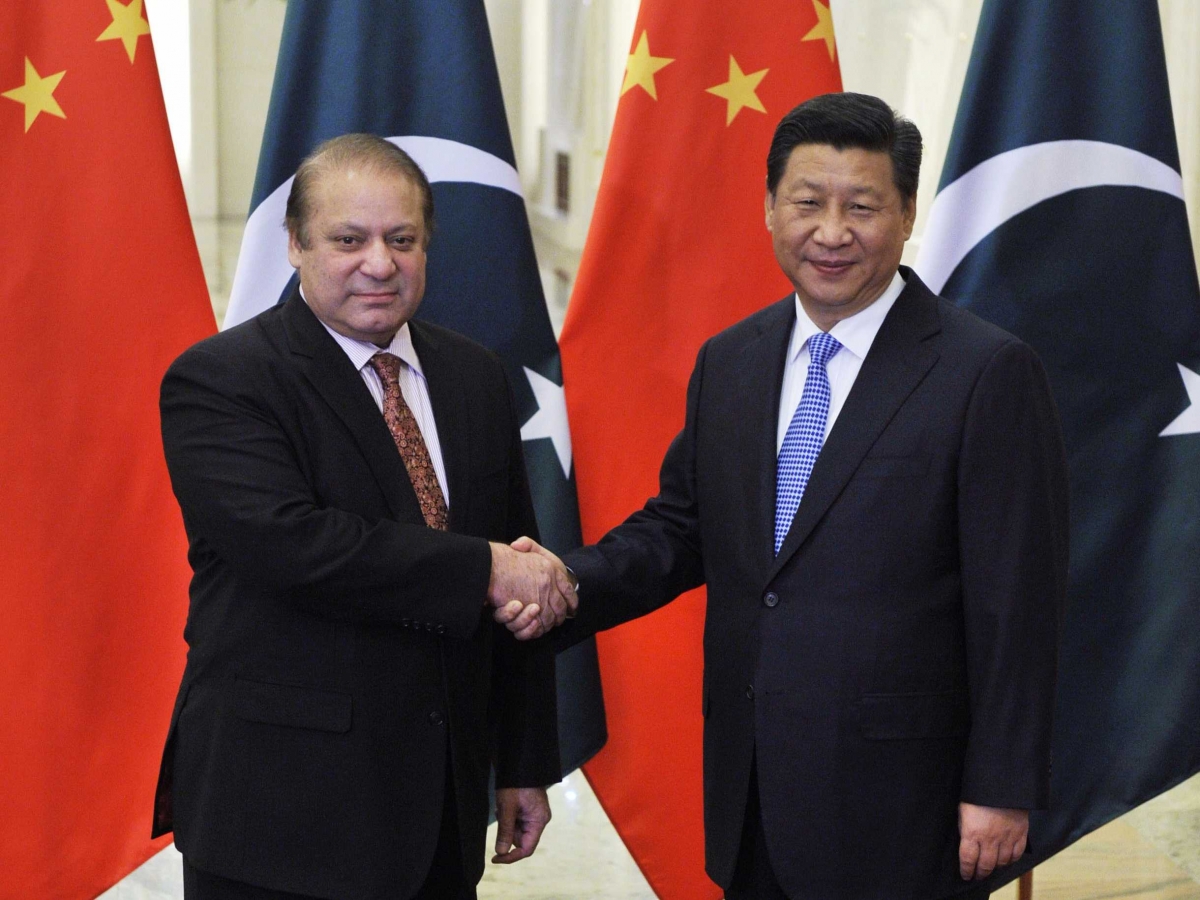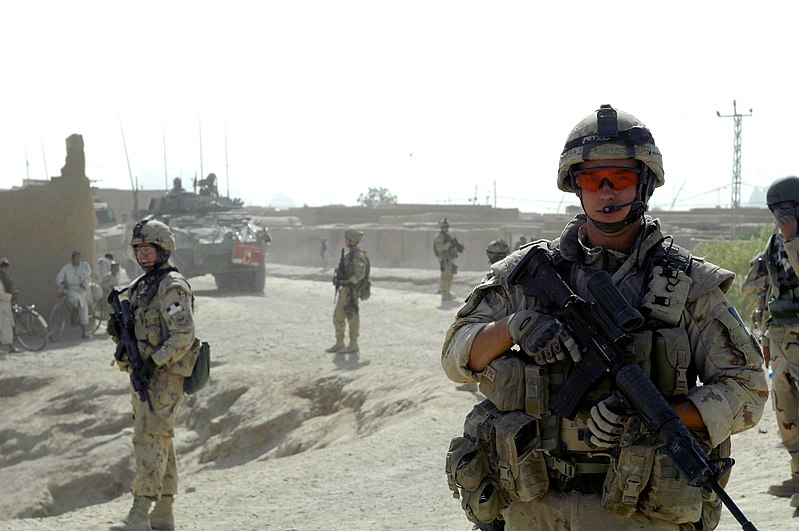Separatism is back in Europe. Scotland wants a second referendum on independence. The Parliament of Catalonia has elected a hardline secessionist as President. The Lega Nord, a Northern Italian separatist party, has formed a coalition government. In order to preserve national unity, states will use every tool available. One of these is international law. In the absence of gross and systematic violations of human rights, states are not required to allow secession within their territory. Aware of their rights, heads of state may use international law as a justification for prohibiting independence referendums.
They should resist this temptation. While legally permissible, denying a vote on secession only makes separatism stronger. Ironically, allowing a referendum will actually enhance national unity in the long term. It will also set an example of how states respond to separatists, thus helping to resolve disputes internationally. Political strife, violence, and terrorism become more likely when referendums are denied.
The “principle of equal rights and self-determination” is enshrined in the UN Charter. Many have interpreted this as an unrestricted right under international law for a people to separate. This, however, is a misinterpretation. The unrestricted right to self-determination only applies to colonies. For non-colonial territories, the right to self-determination only exists where gross and systematic violation of human rights occurs. Even in those cases, the right to separate is allowed only when the state has made all possible efforts to address grievances.
Currently in Europe there are no cases where the systematic violation of human rights is so gross that separatists would have an unrestricted right to secession. That does not mean, however, that states should therefore stop separatist referendums. While legal, denying referendums on secession comes with a number of challenges. On the contrary, allowing these referendums not only addresses the grievances of separatists, but also enhances the security of the state in the long term.
One reason why states prohibit secession referendums is because they may be successful. These fears are partly warranted. In 2006, Montenegro voted to separate from Serbia. Current separatist movements in Europe, however, do not have the same popularity. There is not a single region where the majority supports secession. Even when surveys find a small difference between support and opposition, such as in the case of Scotland, support is much less when given the third option of greater autonomy.
An unsuccessful referendum also helps to lower enthusiasm for separatism. This means greater stability in the long run. During the Quebec independence referendum support for independence was 49.4%. Since then, support has never crept above 40% and is now less than 18%. The separatist Bloc Quebecois is currently projected to win only one seat in the 2019 election.
In contrast, the denial of a referendum, while ensuring national unity in the short run, will create political strife in the long run. Historically this is demonstrated in the violent confrontations between Ethiopia and Eritrea, and Indonesia and East Timor. More recently, the police crackdown of the 2017 independence referendum in Catalonia resulted in the injury of 400 individuals. While stopping the referendum was not in breach of international law, the excessive force of police likely was. Despite the crackdown, support for independence remains unchanged and enthusiasm for pro-independence parties has increased. In the long term, frustration at the central government could lead certain Catalans to give up electoral politics and pursue violent resistance.
France provides a better example. In the 1980s the French territory of New Caledonia faced violent separatist resistance. To ease tensions French loyalists and separatists signed the 1988 Matignon Agreement and the 1998 Nouméa Accord. These agreements allowed for a referendum on independence, now set for next November. Since the agreements, political violence has decreased greatly. In addition, with 15% for independence and 58% against, France is unlikely to lose this territory.
A free and fair independence referendum also sets an example for other countries. This is important given Russian support for independence referendums in the Republic of Georgia and Ukraine. European countries can demonstrate that a proper referendum involves third-party monitors and the absence of military force, unlike with Russian-backed elections.
Allowing referendums would also help to avoid accusations of hypocrisy. Many have argued that European Union opposition to the Catalonia referendum is hypocritical given most member states’ support for Kosovo independence. This argument fails to take into account differing circumstances between Catalonia and Kosovo, as well as the fact that Spain does not support Kosovan independence. Nevertheless, the legality of Kosovo’s independence is questionable. Given its dubious legality, European states’ support for Kosovo would be more robust if they ensured that the ability to seek independence was also granted within their territory.
Consequently, when making the choice on whether to allow a referendum on secession, states should go forward. States have the legal right to deny such a vote. However, while allowing a referendum is legally unnecessary, doing so will enhance the security of the state in the long term. It can also set an example to the world on how to respond to separatism.
Photo: Catalan independence protest (2012), by Ivan McClellan via Wikimedia Commons. Licensed under CC BY 2.0.
Disclaimer: Any views or opinions expressed in articles are solely those of the authors and do not necessarily represent the views of the NATO Association of Canada.




